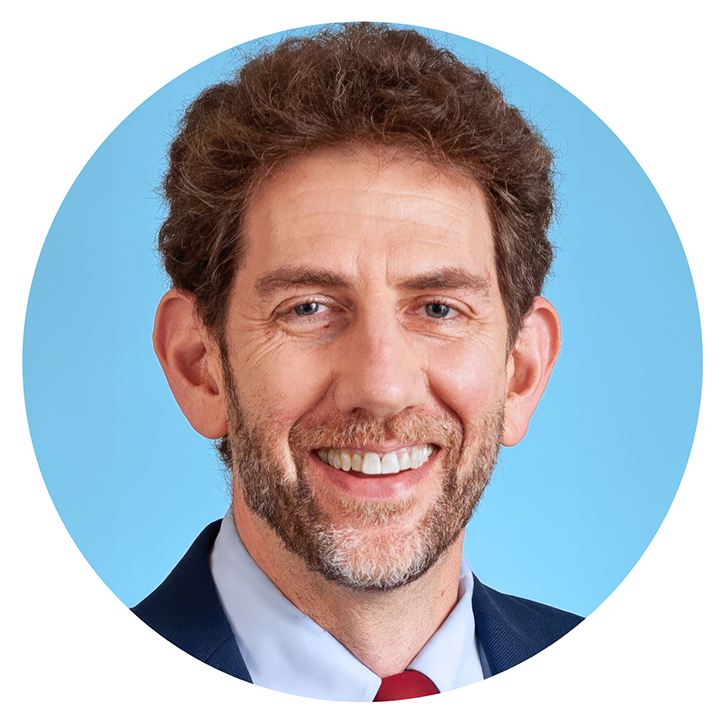JPC Fall 2023 Conference Description
Empowering Adult Attention Deficit Clients and Clinicians: A Multi-Level Approach.
Adults with Attention Deficit Disorder are challenging to themselves, their families, employers, and therapists. This Seventh Joseph Palombo Center Fall Conference will equip clients and clinicians to work more successfully in understanding and managing this often-undiagnosed disorder in adulthood. It is often overlooked as a diagnosis because of its presentation variability and overlap with other psychiatric disorders.
The Conference will explore the clinical utility of using the Palombo Center's Level of Analysis framework that considers first-level analytical data obtained by screening for ADHD symptoms and impairment using standardized rating scales, ruling out medical causes of inattention and impulsivity such as thyroid disorders, sleep apnea, substance use, or medication side effects. Also, on this objective level, assessing and ruling out other comorbid psychiatric conditions that can mimic mood disorders, anxiety disorders, personality disorders, or learning disabilities.
The next level of analysis is the context in which the person developed. What were the relationships in the client's life? Were there environmental elements in the context that may have affected the client's ability to maintain attention and limit impulsivity? What 'solutions' did the client use to accommodate developmentally to the context in which they found themselves?
On the final level of analysis, what was the client's subjective experience of levels one and two? What self-narrative did they begin to tell themselves about who they are and how they became this way? Ultimately, how does it feel to be? The feeling can be conscious or unconscious, reflecting all lived experiences.
The scaffold of these analyses creates an awareness of how a nonlinear complex adapting self-system develops from a historical and an evolutionary perspective. The methodology suggests multiple therapeutic approaches as new ways to influence a complex adaptive self-system to develop more complexity.
Dr. Craig B.H. Surman is the Director of the Clinical and Research Program in Adult ADHD and a Staff Neuropsychiatrist at Massachusetts General Hospital. He is also an Associate Professor of Psychiatry at Harvard Medical School, and co-chair of the Children and Adults with ADHD {CHADD) Professional Advisory Board. Dr. Surma n's research strives to understand ADHD in adulthood and develop novel tools for treatment of ADHD and monitoring those treatments. His books are "ADHD in Adults: A Practical Guide to Evaluation and Management", and "FAST MINDS: How To Thrive If You Have ADHD (or think you might)."
Alexia lives in Houston and has had an outpatient practice in both central Houston and The Woodlands, TX for over 26 years where she offers individual and family psychotherapy, consultation, and clinical supervision. She holds B.A. degrees from the University of Texas at Austin in Art History and Psychology and an M.S.W. from the University of Houston and is currently in her 3rd year of a Ph.D. program at the Institute for Clinical Social Work Chicago. She is a second year Joseph Palombo Center Fellow working to integrate current neuroscience findings into psychodynamic theory and practice. She plans to research detachment as a counterpoint to attachment and is specifically interested in its implications for affect regulation and healthy relationships.
Dr. Myrna Orenstein, Ph.D., LCSW, BCD, ACSW, is a licensed clinical social worker and psychotherapist. She earned her Ph.D. from the Institute for Clinical Social Work in Chicago and her Master’s degree in social work from the University of Chicago. Dr. Orenstein is currently teaching and supervising for CAPA, The Chinese American Psychoanalytic Alliance, and is a former instructor at Oakton Community College in Illinois. Her website “Smartbutstuck.com” has reached hundreds of thousands of people. The third edition of her book “Smart but Stuck: Resilience with Learning Disabilities” was published in 2014 and the Chinese edition of her book was published by the Living Psychology publishing company in 2015.




